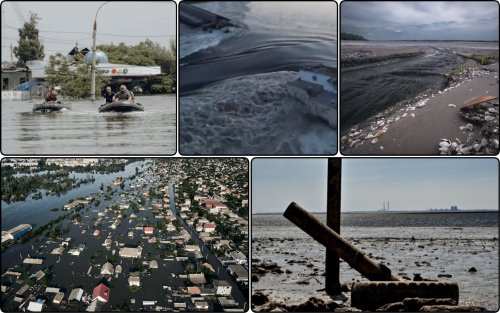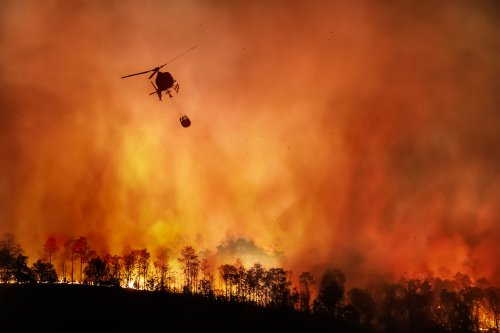Analysis by an international group of climatologists from World Weather Attribution found that the likelihood of torrential rains in Libya that caused two dams to burst has increased 50-fold due to anthropogenic climate change.
Deforestation, construction of cities in flood-prone areas, potential design flaws and poor maintenance of dams are also responsible for 4,000 deaths and more than 10,000 missing, reports DW.
According to climate scientists, global warming has also caused a 50% increase in rainfall in Libya during storms. They called the catastrophe "extremely unusual", which at the current rate of 1.2°C warming would occur once every 300-600 years.
"Storm Daniel is the deadliest and costliest storm over the Mediterranean and Africa," said Friederike Otto, a senior lecturer in climate science at Imperial College London and co-author of the analysis. "We found that climate change has indeed led to increased rainfall."
She stressed that urgent measures to reduce vulnerability and increase resilience to all types of extreme weather conditions are needed to save lives.
Earlier, EcoPolitic wrote, that the president of the upcoming COP28 climate summit, Sultan Al Jaber, said that the world is losing the climate change competition.
As EcoPolitic previously reported, a study by carbon accounting experts showed that the war in Ukraine deepens the climate crisis, and the amount of CO2 emissions in the first 12 months of the war reached about 120 million tons.





